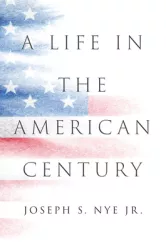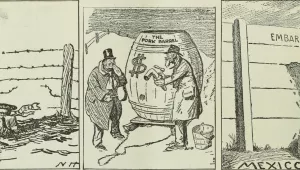A World Without Superpowers
The category of superpower, as distinct from great power, has become naturalized in the discourses about international relations. But "superpower" has only become common usage since the end of the Second World War and in modern history cannot meaningfully be applied much further than the 19th century. This seminar will argue that superpowers are a historically contingent phenomenon whose emergence rested on the huge inequality of power between the West and the rest of the world that developed during the 19th century. As this inequality diminishes, the most likely scenario for world politics is de-centered globalism, in which there will be no superpowers, only great powers.
Please join us! Coffee and tea provided. Everyone is welcome, but admittance will be on a first come–first served basis.
Please note changed location!



